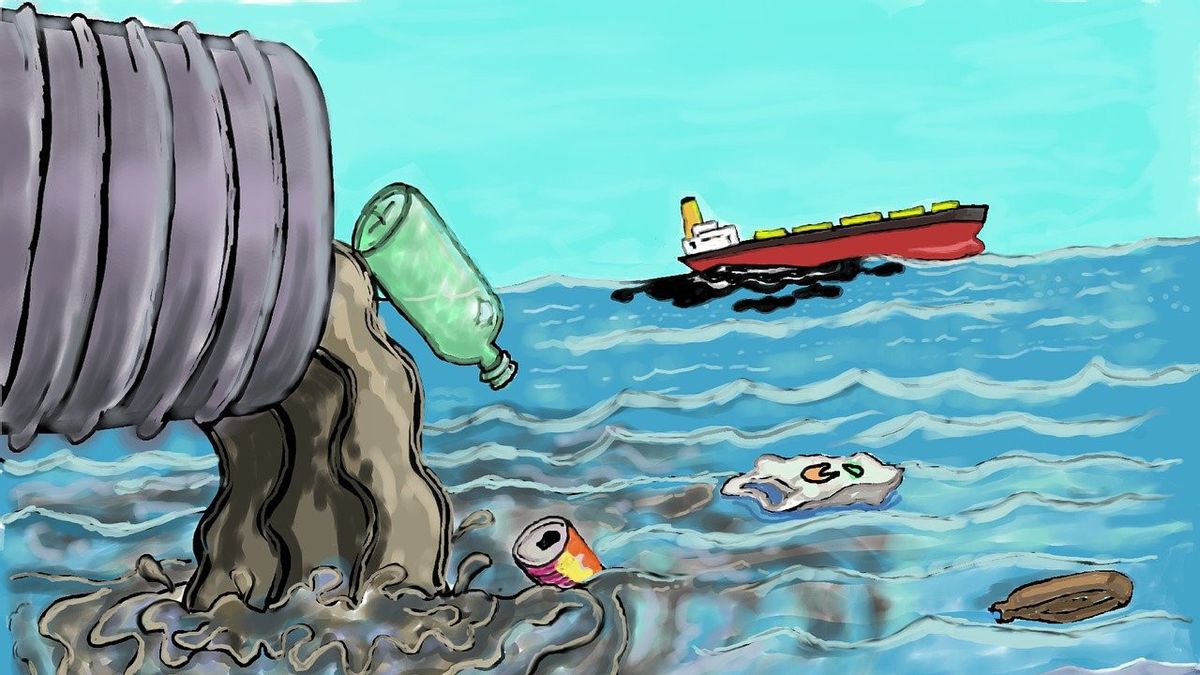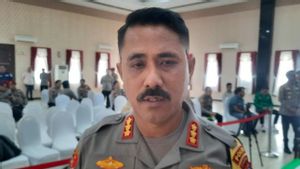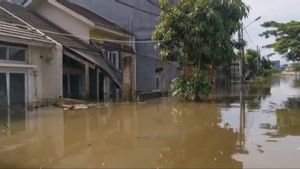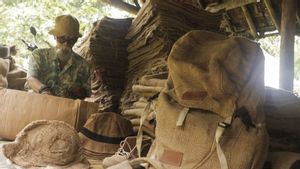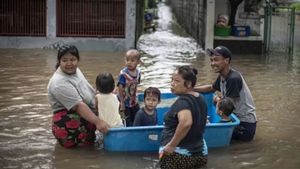JAKARTA - The International Atomic Energy Agency (IAEA) is collecting samples independently and promises to continue to monitor the process of disposing of radioactive wastewater from the Fukushima nuclear power plant in Japan into the sea.
In a tweet on X's social media, IAEA Director-General Rafael Grossi reported that the IAEA has verified that tritirum levels in wastewater released into the sea are well below operational limits.
The conclusion was drawn based on the latest sampling at Fukushima Daiichi.
"We will continue sampling and independent monitoring until (the process) is complete," Grossi wrote, quoted by Antara.
VOIR éGALEMENT:
He also emphasized that the IAEA will carry out continuous monitoring at the PLTN until the entire process of disposing of radioactive wastewater is complete.
"Today I reiterate to Japanese Foreign Minister Hayashi Yoshimasa that we will be there until the last drop runs out," Grossi wrote.
In July, the IAEA said the impact of radiology on humans and the environment in the process of releasing nuclear waste from Fukushima could be ignored.
However, the statement did not necessarily support the Japanese government's decision - which drew criticism and criticism from various countries, especially those who are neighbors and are directly adjacent to Tokyo.
Japan ignored refusal from local fishing communities and China by starting disposing of nuclear waste water from PLTN Fukushima on August 24.
In the first phase, the Tokyo Electric Power Company (TEPCO) operator will dilute about 7,800 tons of processed water with seawater, and the dilute water will be issued for 17 consecutive days.
TEPCO has filled the facility, called a vertical disposal axis, with water that has been processed and diluted.
Each ton of treated water is mixed with about 1,200 tons of sea water.
There are about 1.3 million tons of processed water in the TEPCO complex. The operator ran out of storage capacity, forcing Japan to throw the water into the sea.
The English, Chinese, Japanese, Arabic, and French versions are automatically generated by the AI. So there may still be inaccuracies in translating, please always see Indonesian as our main language. (system supported by DigitalSiber.id)
